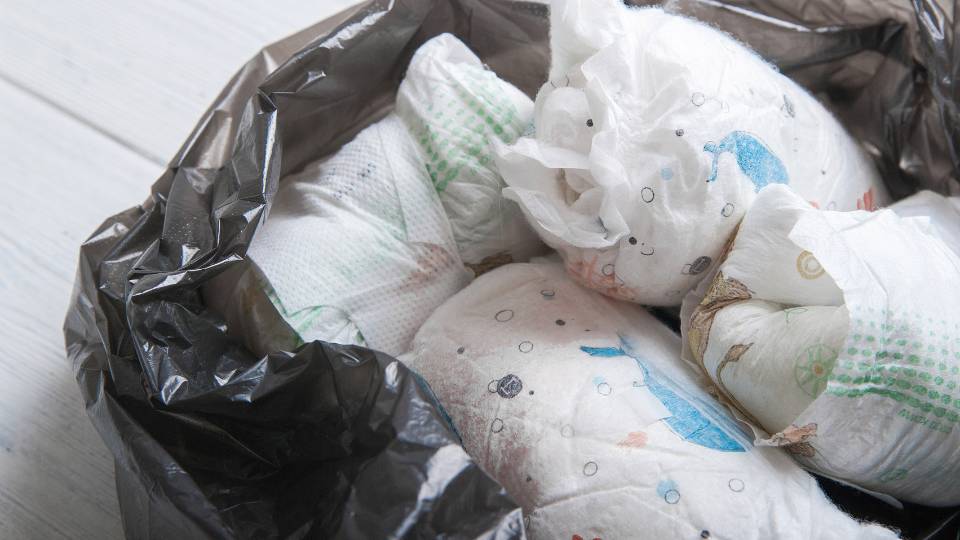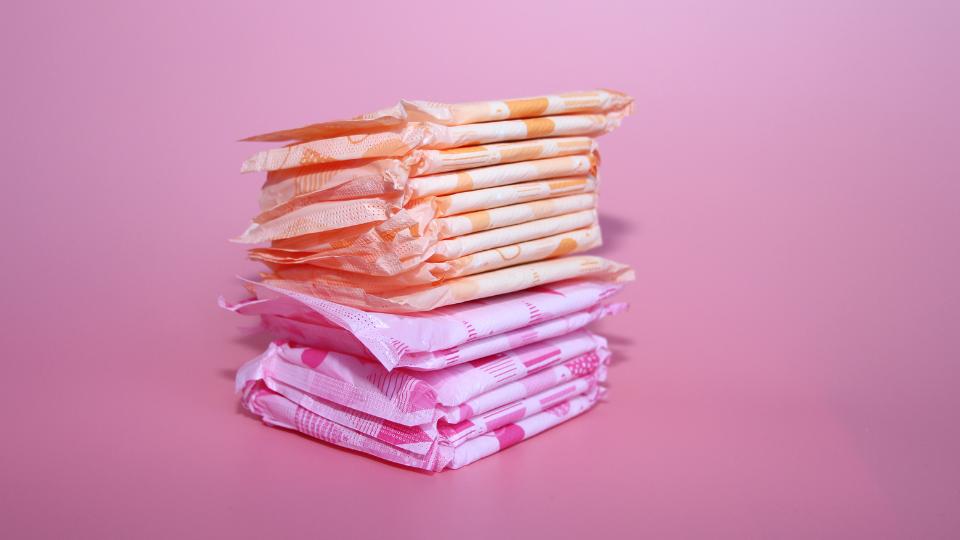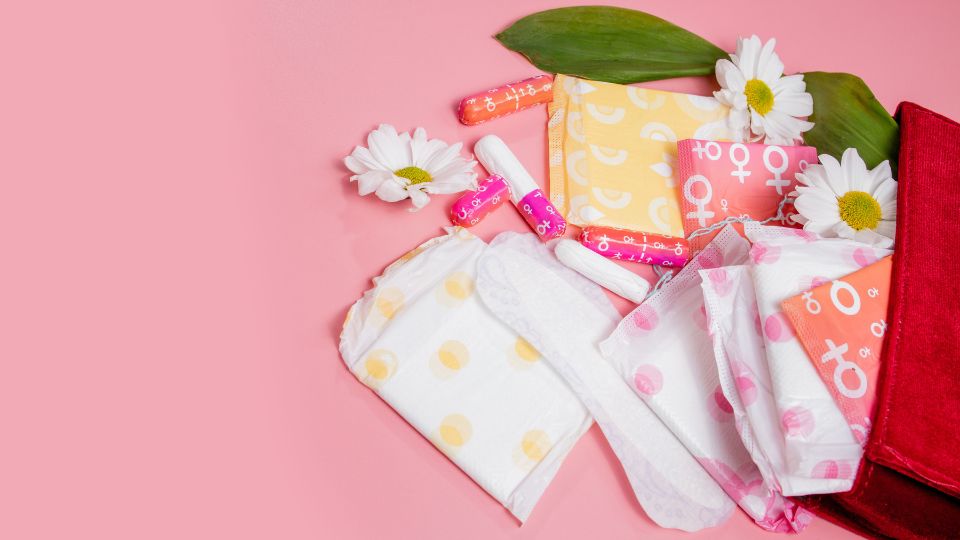
Quick Summary:
- Proper education helps reduce the environmental impact of menstrual products through better disposal practices and sustainable choices. This should be inclusive to all genders and ages to drive responsible practices.
Sanitary waste management is a pressing issue, with significant environmental impacts stemming from the disposal of menstrual products.
In the UK alone, approximately 28,114 tonnes of waste is generated annually from menstrual products.
This blog explores why proper education on sanitary waste disposal is essential for environmental protection and general awareness, highlighting the gaps in current understanding and the need for inclusive education across all genders.
Table of Contents
- The Environmental Impact of Sanitary Waste
- Lack of Awareness and Its Consequences
- Addressing Menstrual Product Waste and Education – Current Efforts and Solutions
- The Need for Broader Education
- Call to Action
- Conclusion
The Environmental Impact of Sanitary Waste
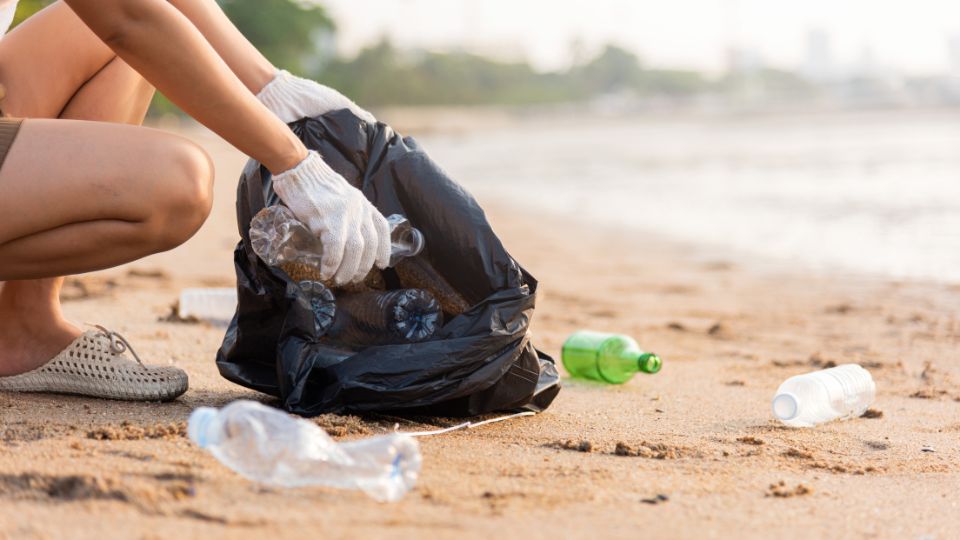
Each year, 4.3 billion single-use menstrual products, including pads and tampons, are disposed of, contributing to the growing problem of plastic waste.
These products often contain plastics that can take hundreds of years to decompose, leading to significant environmental damage.
Additionally, tampon applicators and other menstrual waste frequently end up in marine environments, with 0.5% of tampon applicators contributing to marine plastic debris.
Lack of Awareness and Its Consequences
Despite the scale of the issue, there is a notable lack of awareness regarding the environmental impact of menstrual products and the importance of proper disposal.
Studies have shown that many people are not fully informed about the environmental implications of menstrual products or how to dispose of them correctly. 1 in 7 girls didn’t know what was happening when they started their period and over 25% didn’t know what to do
Period poverty is a major issue in the UK, with 40% of women and girls resorting to using toilet rolls due to the inability to afford basic sanitary products.
Addressing Menstrual Product Waste and Education – Current Efforts and Solutions

Within the UK there are initiatives aimed at directly addressing issues regarding the lack of awareness. This includes learning about the availability of menstrual products in educational settings.
How the Period Products Scheme is Removing Barriers to Education
The Period Products Scheme, launched in January 2020, plays an important role in ensuring that no pupil or student has to miss out on education due to their period.
By providing tampons, pads, and environmentally-friendly alternatives like period pants and reusable pads, the scheme helps overcome barriers related to period poverty and access to menstrual products.
Key Highlights:
Widespread Adoption – Since its launch, 99% of secondary schools and 94% of post-16 organisations have become apart of the scheme.
Eco-Friendly Options – The scheme has seen increased adoption of sustainable products, with 52% of organisations ordering eco-friendly items in 2023.
Eligibility and Access – All state-funded schools and DfE-funded 16-19 education organisations in England are eligible.
The scheme operates efficiently through a national contract with Personnel Hygiene Services Limited (PHS).
The Need for Broader Education
Environmental Awareness
Educating individuals about the environmental impact of menstrual products can drive behaviour change.
Awareness about the decomposition rates of these products and the benefits of reusable options can lead to more environmentally friendly choices.
Proper Disposal Practices
Knowledge about proper disposal methods, such as using designated sanitary bins and avoiding flushing products, is essential.
Proper education can reduce the amount of menstrual waste that contaminates waterways and landfills.
Inclusive Education for All Genders
Understanding menstruation and its associated waste is crucial for everyone, not just those who menstruate.
Education should be inclusive, providing all genders with knowledge about menstrual health and its environmental impacts.
This fosters empathy, support, and more informed decision-making in both personal and community contexts.
Call to Action
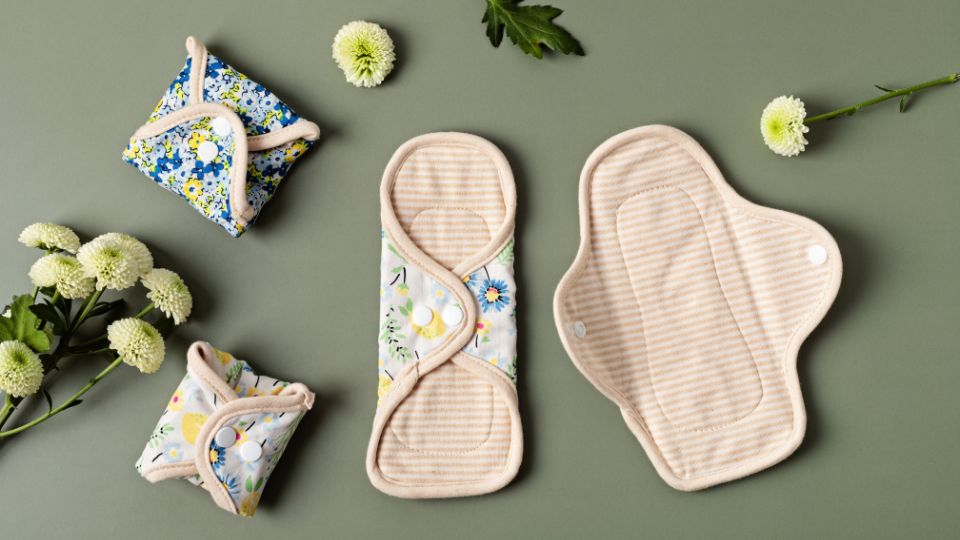
To address these issues effectively, it is important to:
Increase Public Awareness – Launch educational campaigns that highlight the environmental impact of menstrual products and promote sustainable alternatives.
Promote Sustainable Choices – Support and advocate for the use of eco-friendly menstrual products and proper disposal methods.
Conclusion
Educating everyone about proper sanitary waste disposal is crucial for environmental protection and awareness.
Addressing the existing knowledge gaps and promoting inclusive education ensures that all genders understand menstrual health and its ecological impact.
We can collectively work towards a more informed and environmentally responsible society by fostering greater awareness and encouraging sustainable practices.

